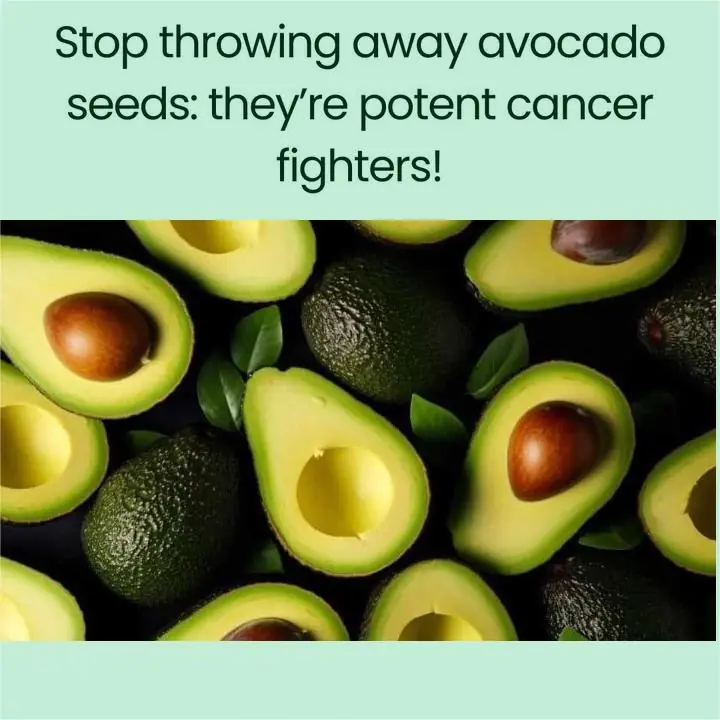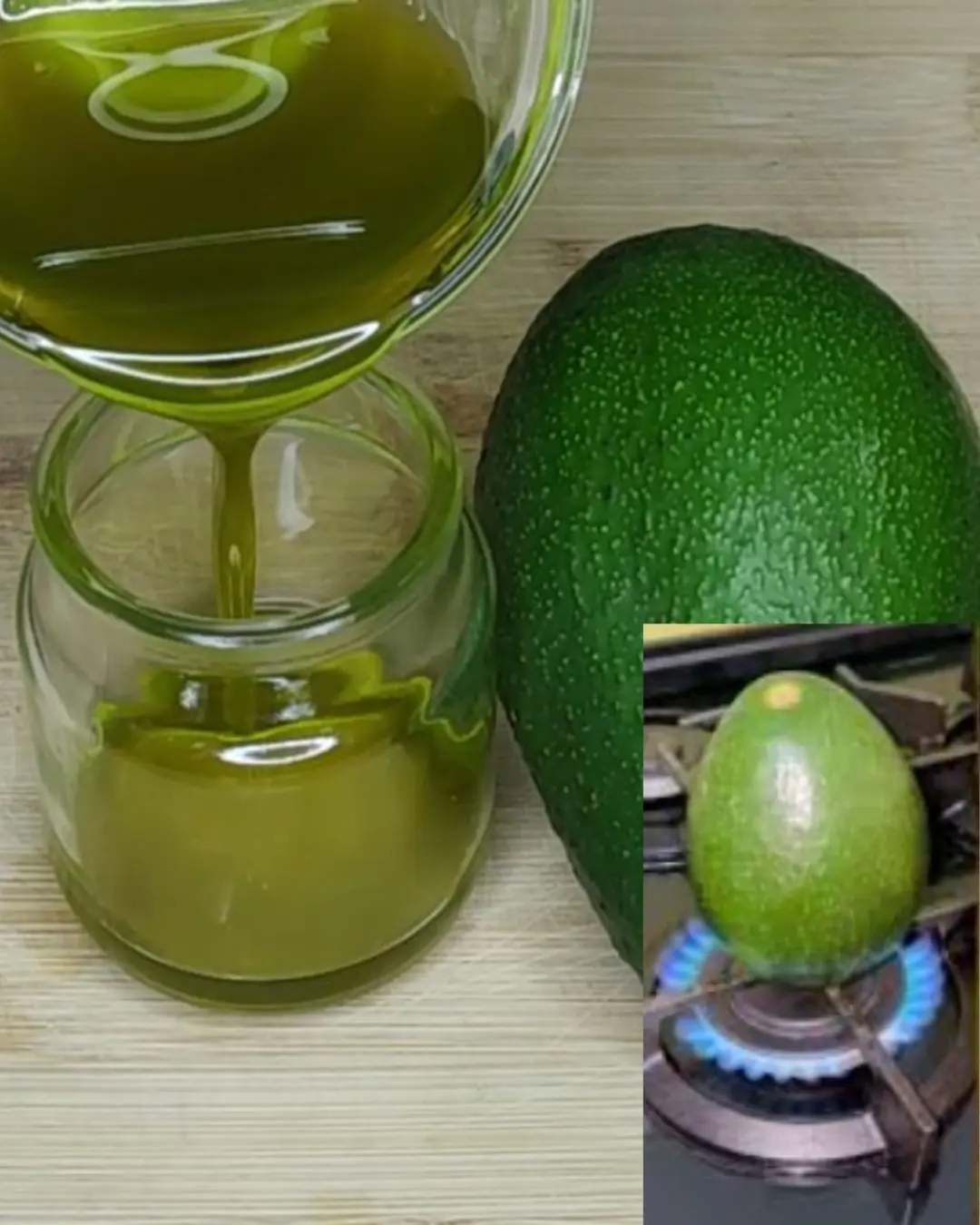
Avocado Seeds: The Overlooked Nutritional Power Inside the Fruit
Avocados are widely recognized as one of the most nutrient-dense superfoods in the modern diet. Packed with healthy fats, vitamins, minerals, and antioxidants, they have earned a strong reputation for supporting heart, brain, and skin health. However, what many people don’t realize is that the seed inside the avocado also contains an impressive range of beneficial compounds.
In the spirit of the old saying, “waste not, want not,” researchers have begun to take a closer look at the potential health properties hidden within the avocado seed.
Is It Safe to Consume Avocado Seeds?
Unlike the pits of certain fruits such as apricots or cherries, avocado seeds do not contain cyanide. Instead, they contain tannins — naturally occurring polyphenols also found in foods like green tea, red wine, and some berries.
Although tannins can be mildly toxic in extremely large quantities, the amount required to cause harm is far beyond what a person would realistically consume. A 2013 study published in The Scientific World Journal found that avocado seed extract, when taken in doses below 250 mg per kilogram of body weight, showed no signs of toxicity in test models.
This suggests that, when used in moderation and properly prepared, avocado seeds may be safe for experimental or dietary use, although more human-based studies are still needed.
A Concentrated Source of Antioxidants and Fiber
One of the most remarkable discoveries is that approximately 70% of the avocado’s total antioxidants are found in the seed, not the flesh. These include powerful polyphenols similar to those found in green tea, which are widely associated with reduced inflammation and cellular protection.
In addition, avocado seeds are rich in:
-
Soluble fiber, which supports digestion and helps regulate blood sugar
-
Healthy plant-based oils
-
Phenolic compounds, known for their anti-inflammatory and antioxidant effects
While the flesh of the avocado has been extensively studied—especially for its cardiovascular benefits—such as improving cholesterol balance, lowering oxidative stress, and helping to regulate blood pressure due to its high potassium content, the seed is now emerging as an undervalued nutritional component.
Avocado flesh also provides lutein, an antioxidant that plays a role in managing both oxidative and inflammatory stress, particularly in the eyes and cardiovascular system.
Potential Anti-Cancer Properties
Avocado seeds have attracted scientific attention due to their high concentration of phenolic compounds, which are naturally present in many plants and known to protect cells from damage.
Researchers have identified four main classes of polyphenols in avocado seeds, including:
-
Proanthocyanidins
-
Flavonoids
-
Flavanol glycosides and monomers
-
Hydroxycinnamic acids
Additional compounds found in avocado seeds include:
-
Procyanidin A trimers
-
3-O-caffeoylquinic acid
-
3-O-p-coumaroylquinic acid
These substances are associated with strong antioxidant and anticancer properties, and some have been shown to support liver function while reducing inflammation at the cellular level.
Notably, laboratory studies have demonstrated that avocado seed extracts showed activity against acute myeloid leukemia cells in controlled settings. While these findings are promising, it’s important to note that lab-based results do not yet translate to proven human treatments, and further clinical research is required.
Final Thoughts
The avocado seed, once thought to be nothing more than waste, is now gaining recognition as a concentrated source of antioxidants, fiber, and bioactive compounds with significant health potential. While its benefits are still being explored scientifically, early findings suggest it may offer support for:
-
Cellular protection
-
Inflammation reduction
-
Digestive and metabolic health
-
Future disease-prevention research
As with any emerging health discovery, moderation and proper handling are essential. Anyone interested in using avocado seed in their diet or supplement routine should consult a healthcare professional first.
Nature continues to surprise us with hidden sources of nourishment — and the avocado seed may be one of the most overlooked.
News in the same category

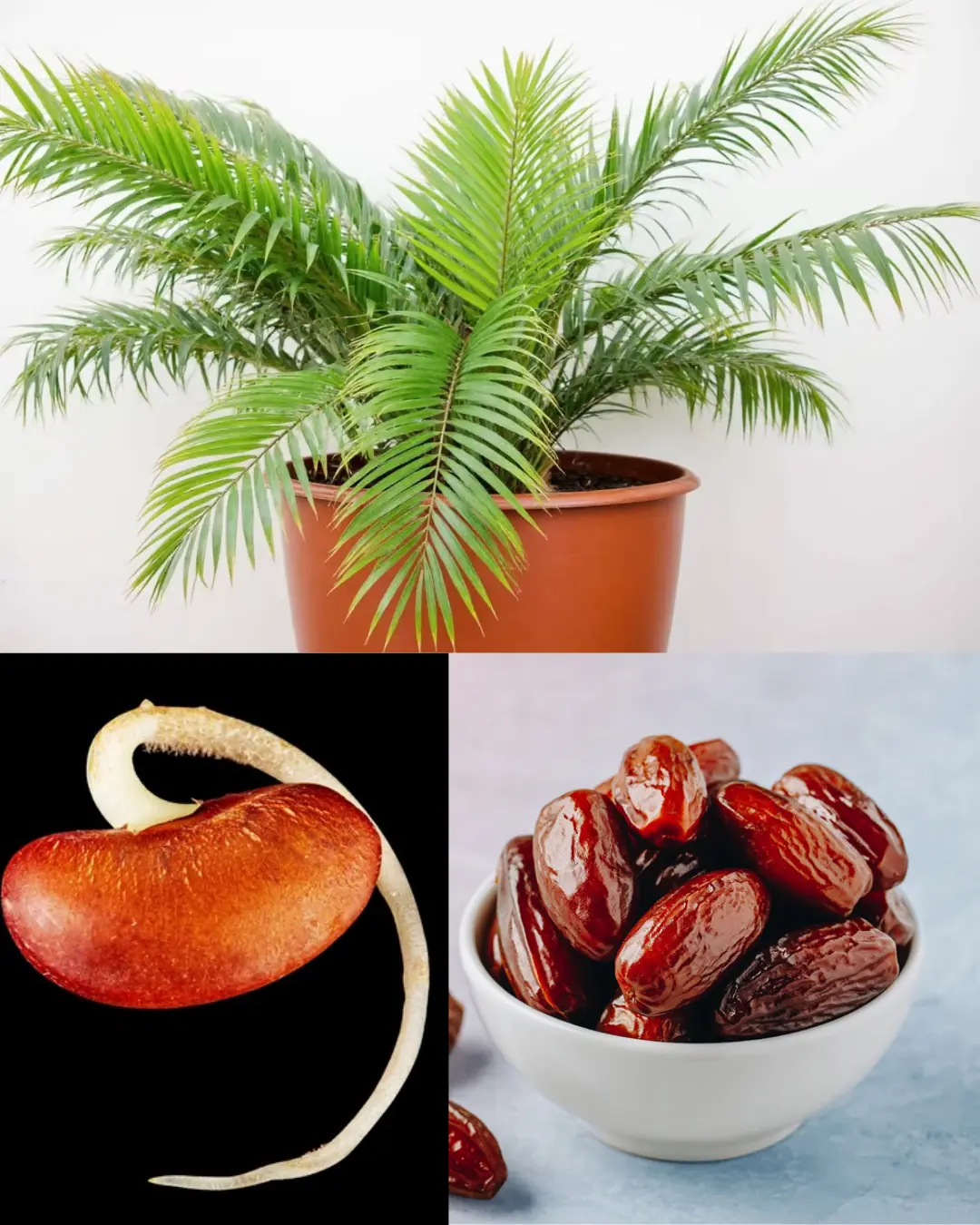
Grow Date Trees From Seed (Start in a Pot → Plant Outdoors): The Complete, No-Stress Guide
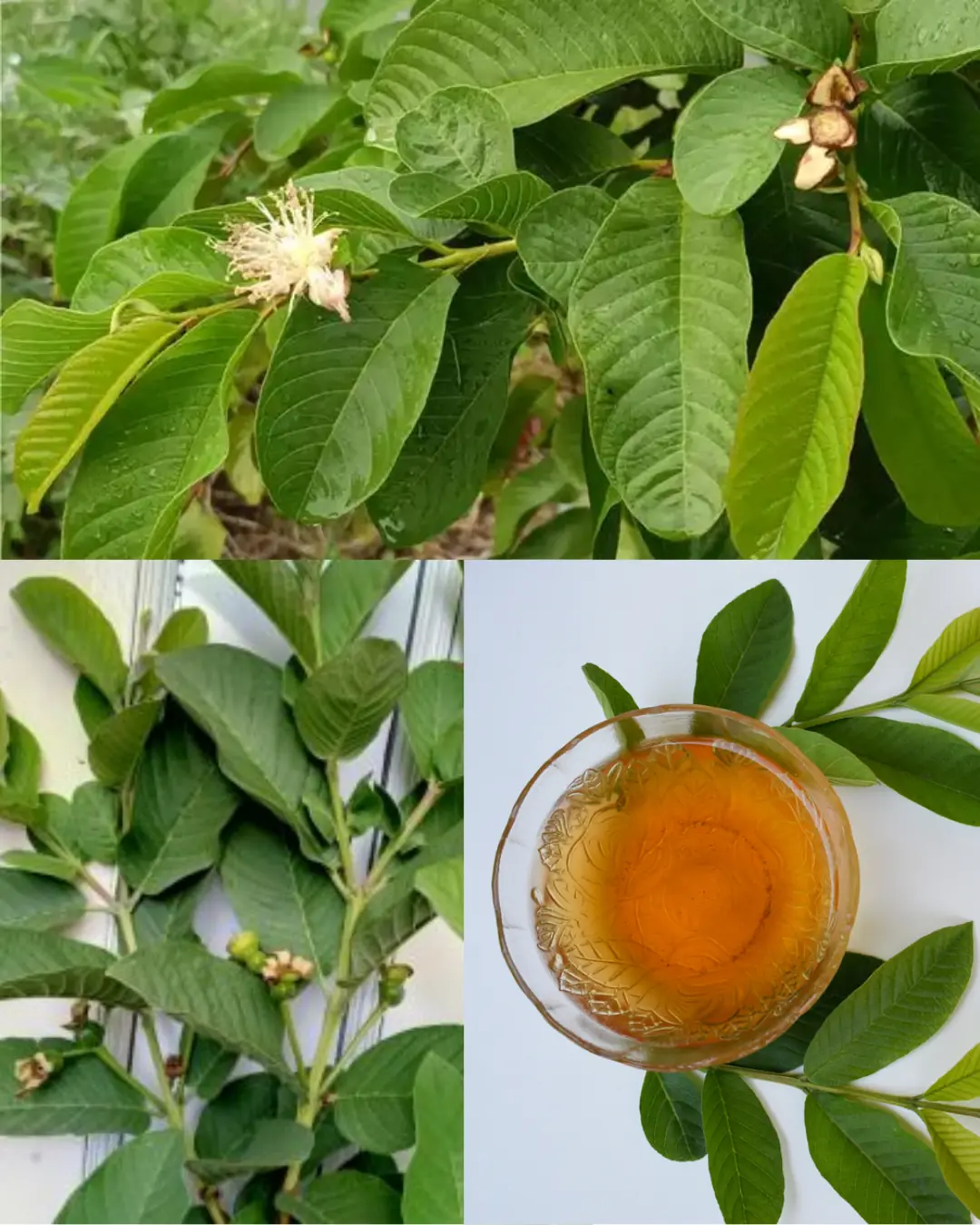
Guava Leaves for Blood Sugar Control: Nature’s Gift for Diabetics
The Versatility and Benefits of Orange Peel Powder
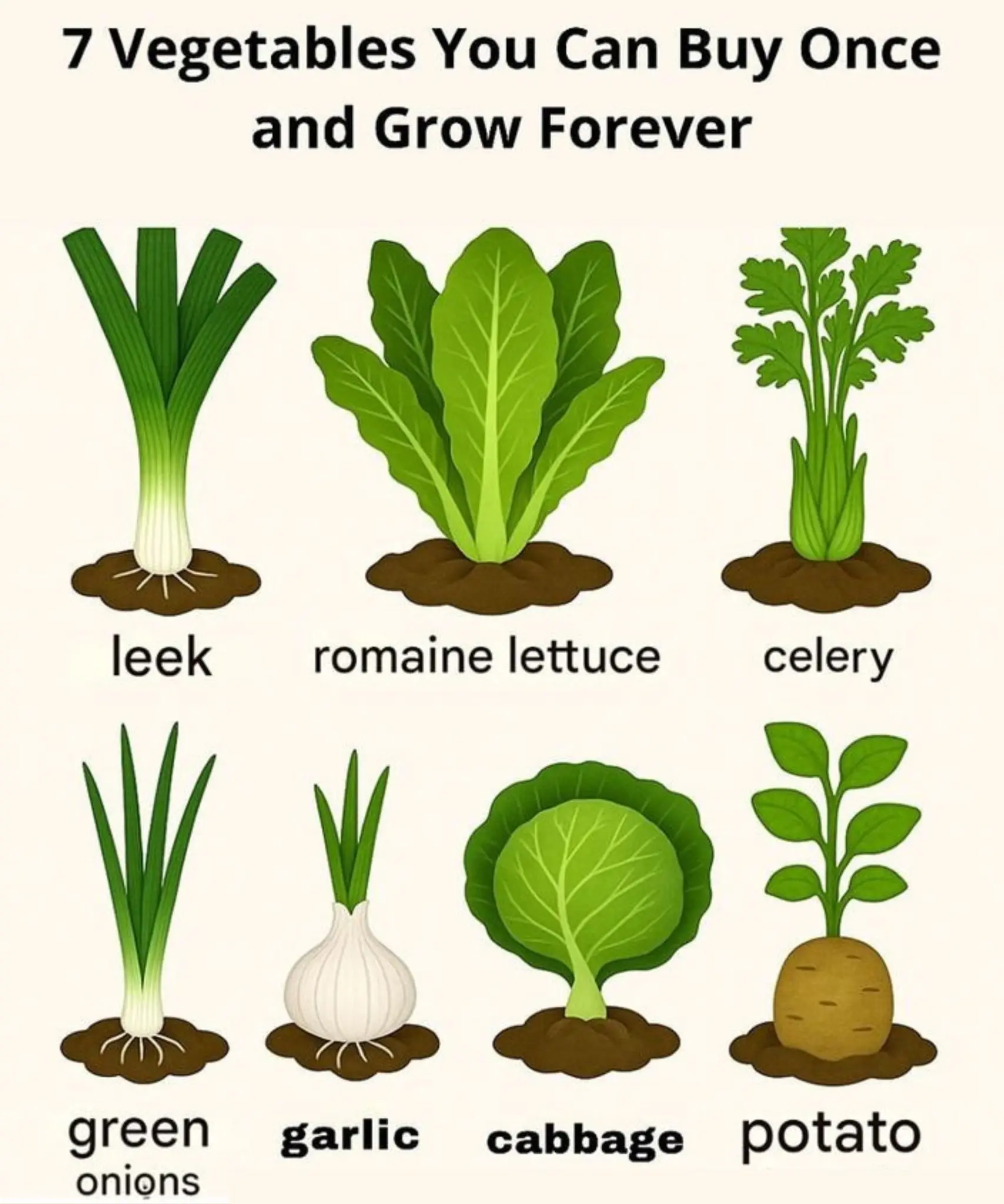
7 Vegetables You Can Buy Once and Grow Forever
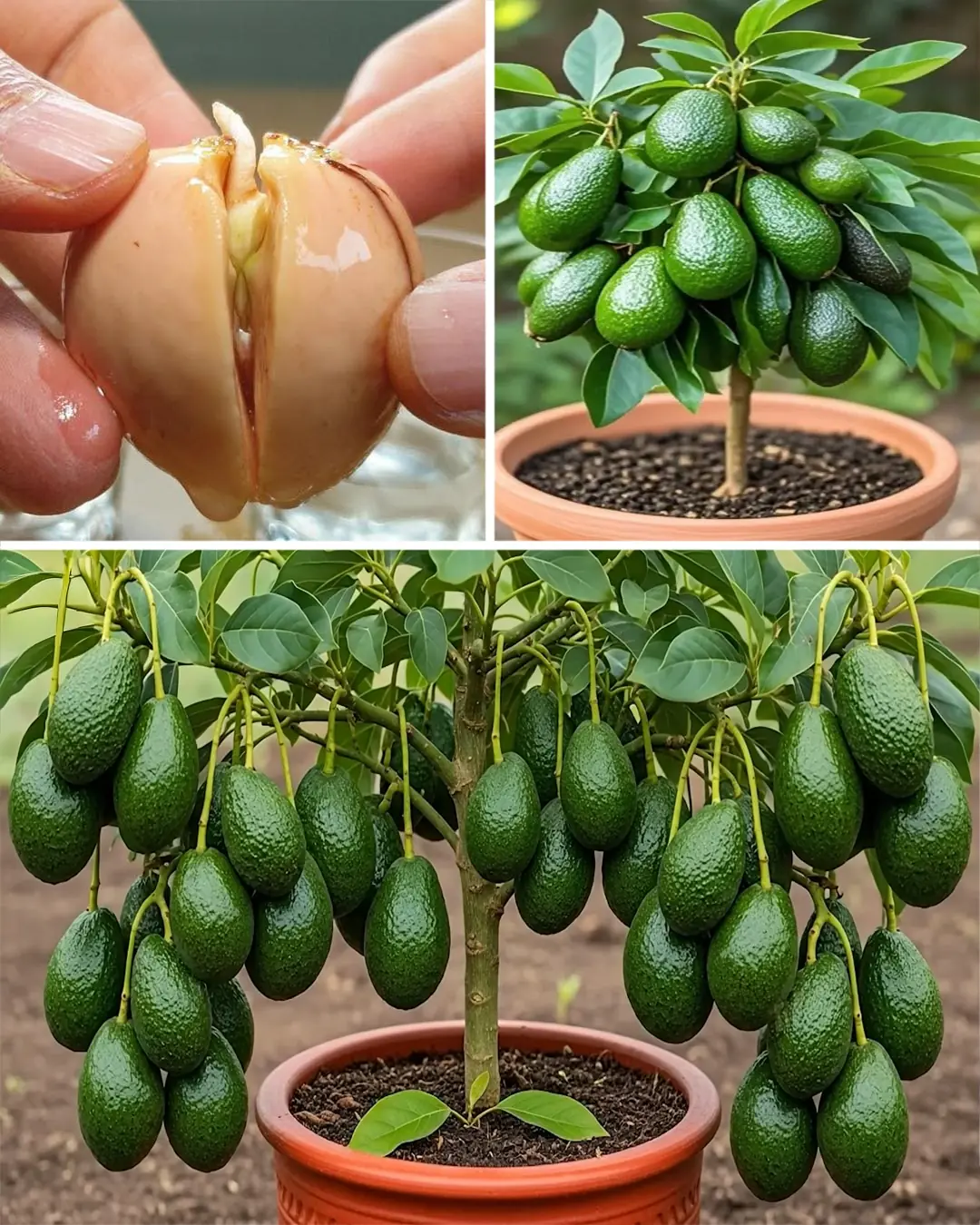
How Do Farmers Grow Avocado Trees

Top 12 Health Benefits of Calendula officinalis
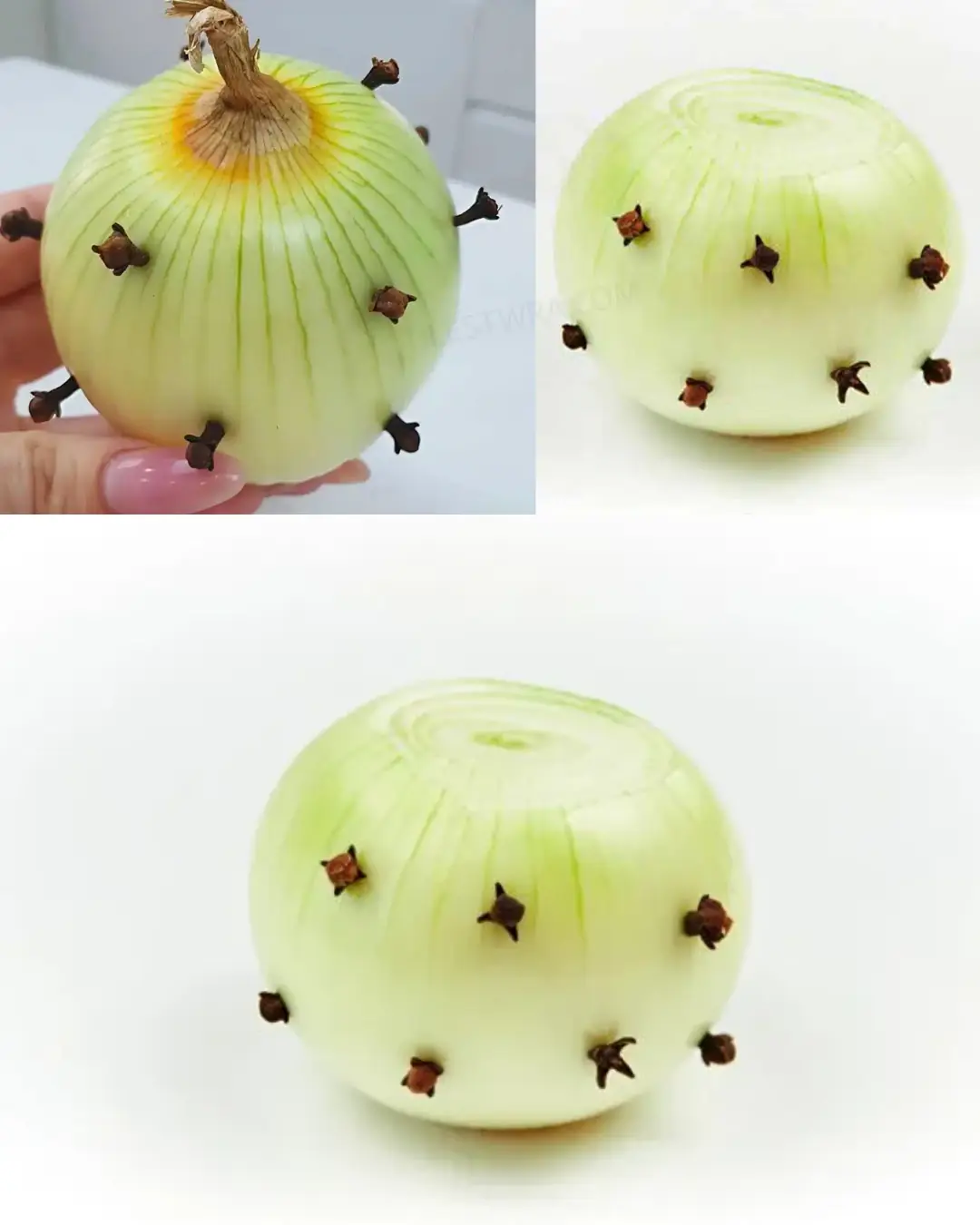
Cloves and Onion: An Ancient Remedy with Modern Benefits
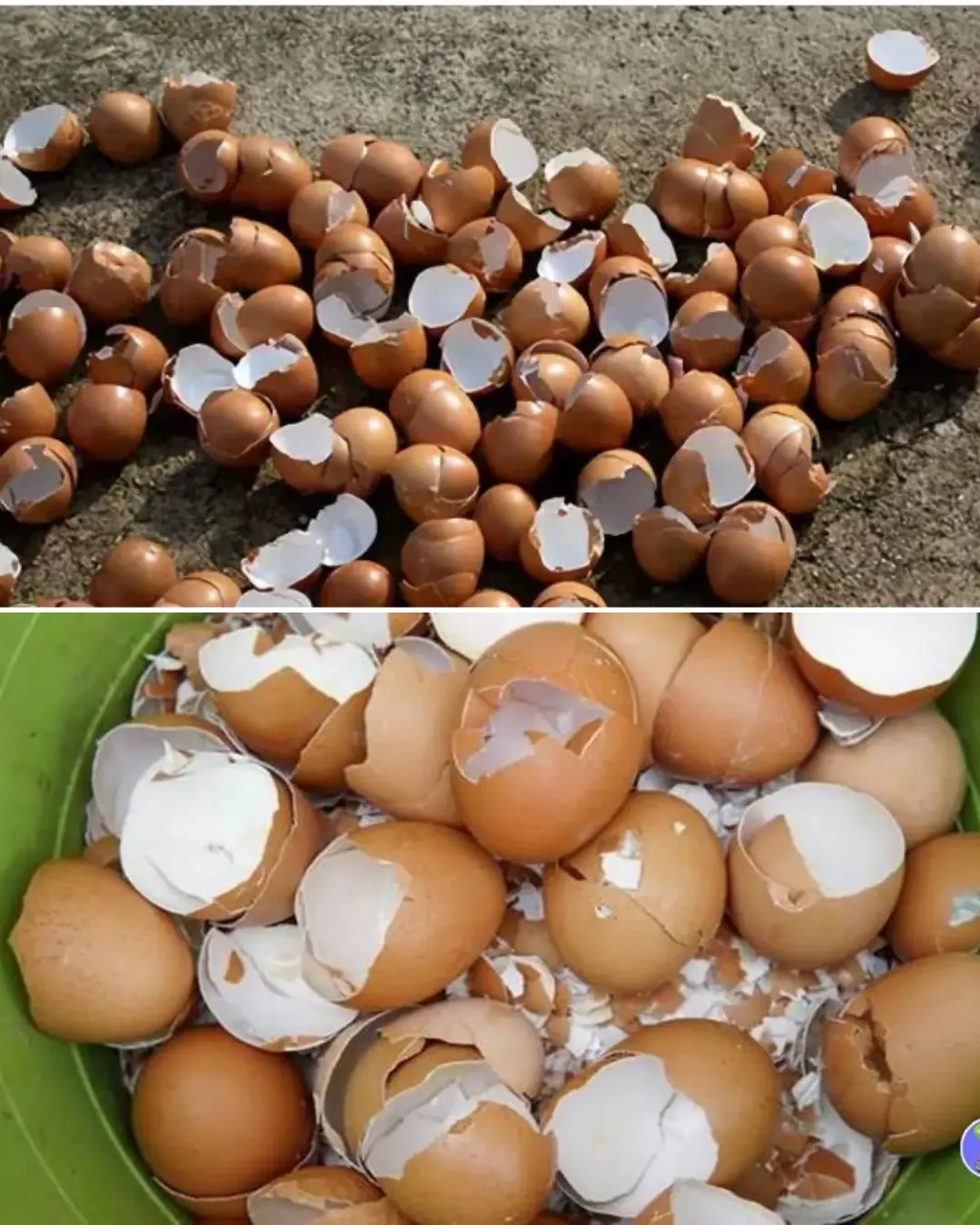
Maximize Your Vegetable Garden’s Health and Yield with Eggshell Magic
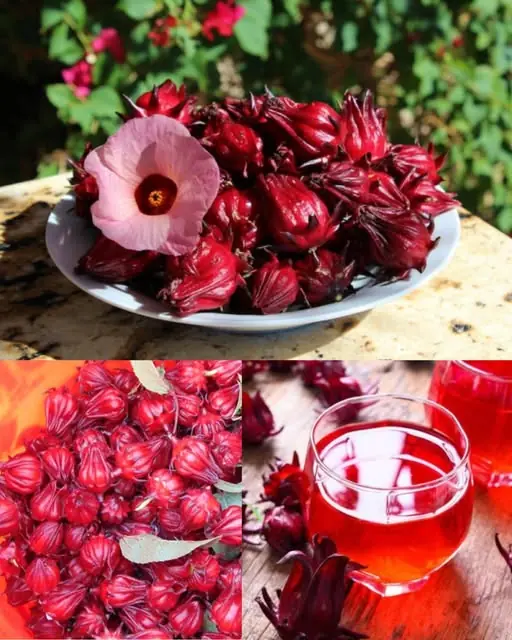
Roselle: The Scarlet Herbal Treasure with Powerful Health Benefits

The Hidden Power of Mango Seed

Yarrow: A Timeless Herbal Ally with Amazing Health Benefits
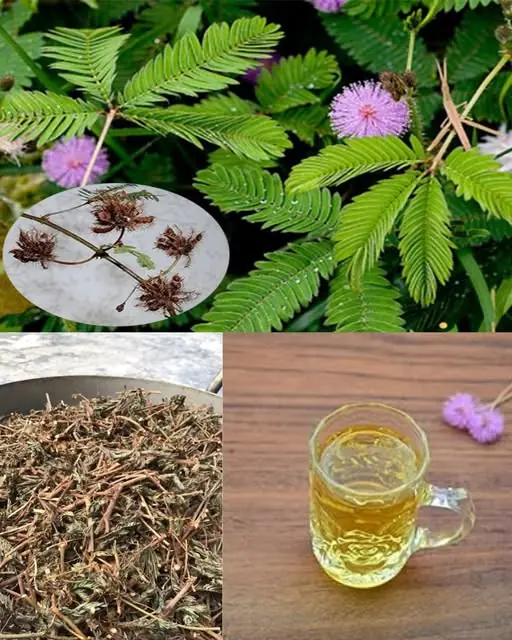
The Digestive Benefits of Mimosa Pudica: A Natural Gut Cleanser
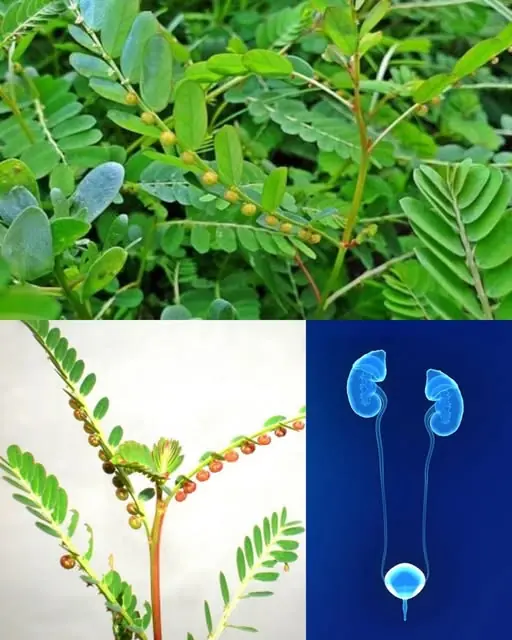
The Stone Breaker Plant: Nature’s Remedy for Kidney Stones
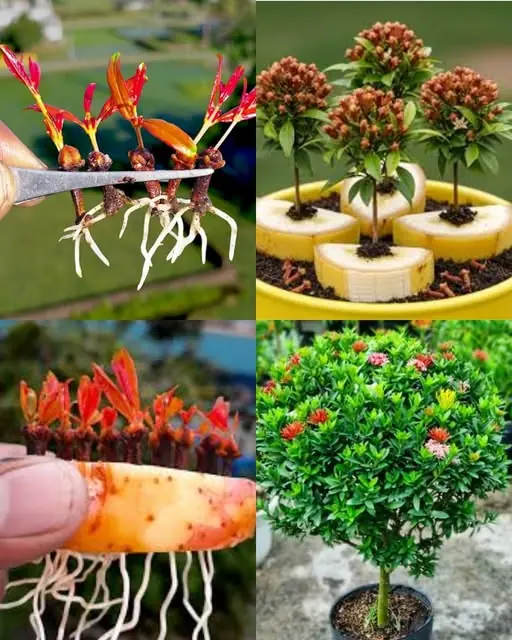
Secret Tips for Growing Healthy and Productive Clove Plants
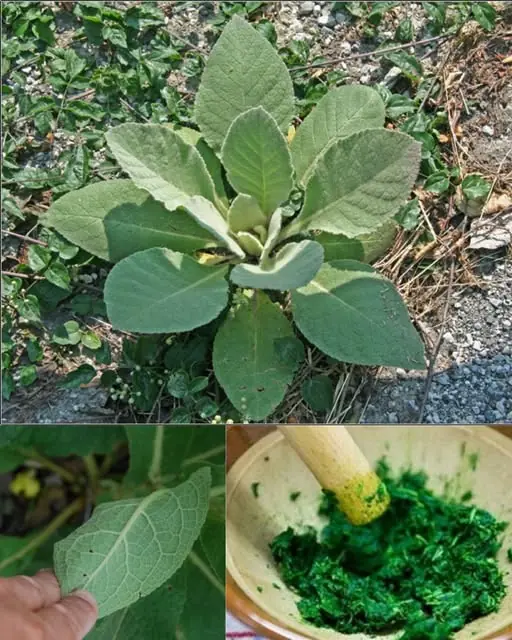
The Remarkable Benefits and Uses of Mullein Leaves
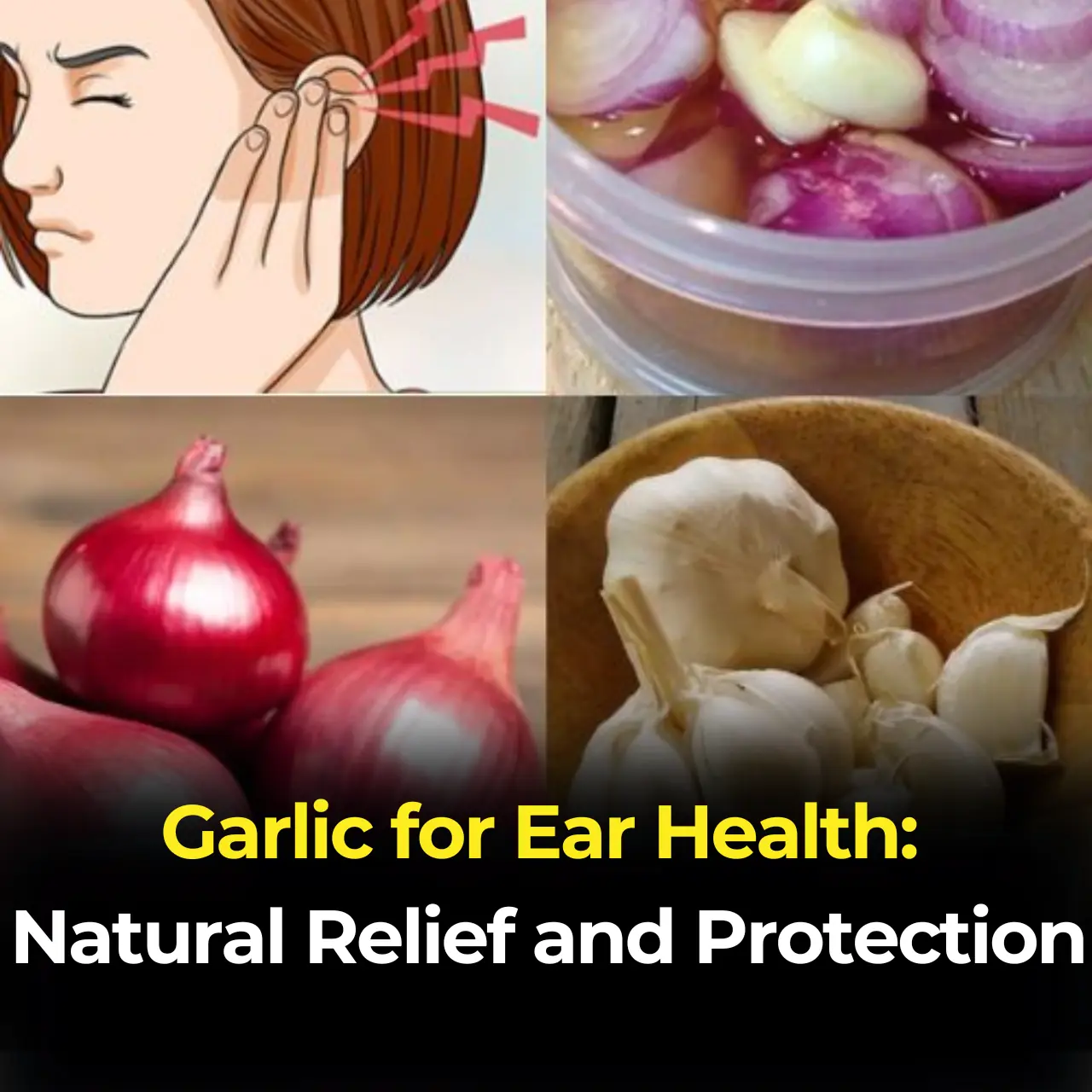
Garlic for Ear Health: Natural Relief and Protection
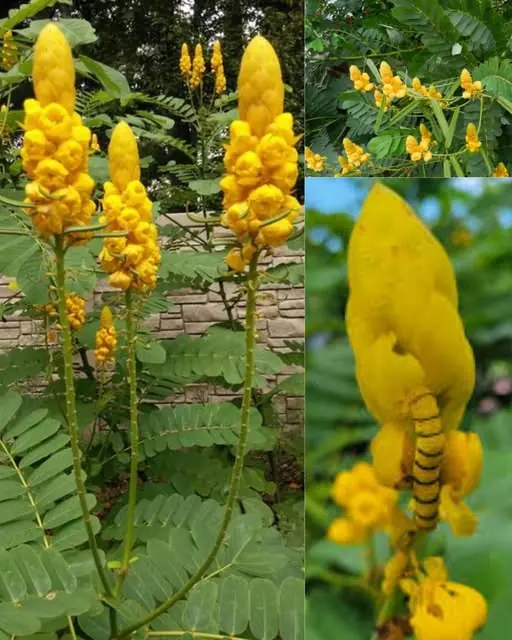
The Powerful Medicinal Benefits and Uses of Senna alata
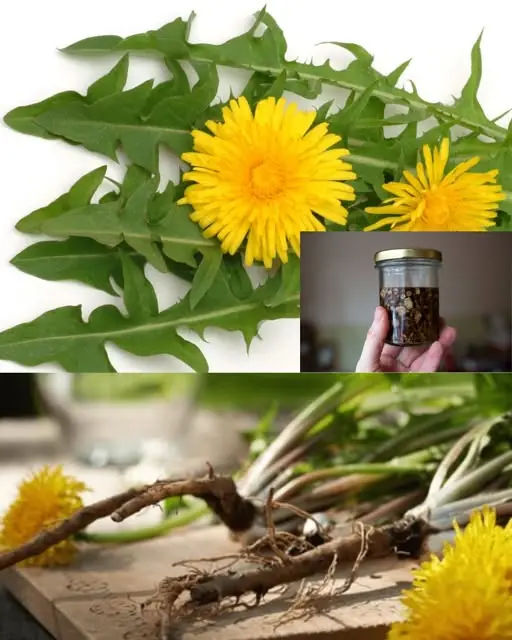
The Real Power of Dandelion Is in the Root
News Post

Vaseline Uses and Benefits for Skin, Lips, and Hair

10 simple ways to reduce dust at home that most people overlook

You’re Doing It All Wrong: Here’s the Right Way to Defrost Frozen Pipes
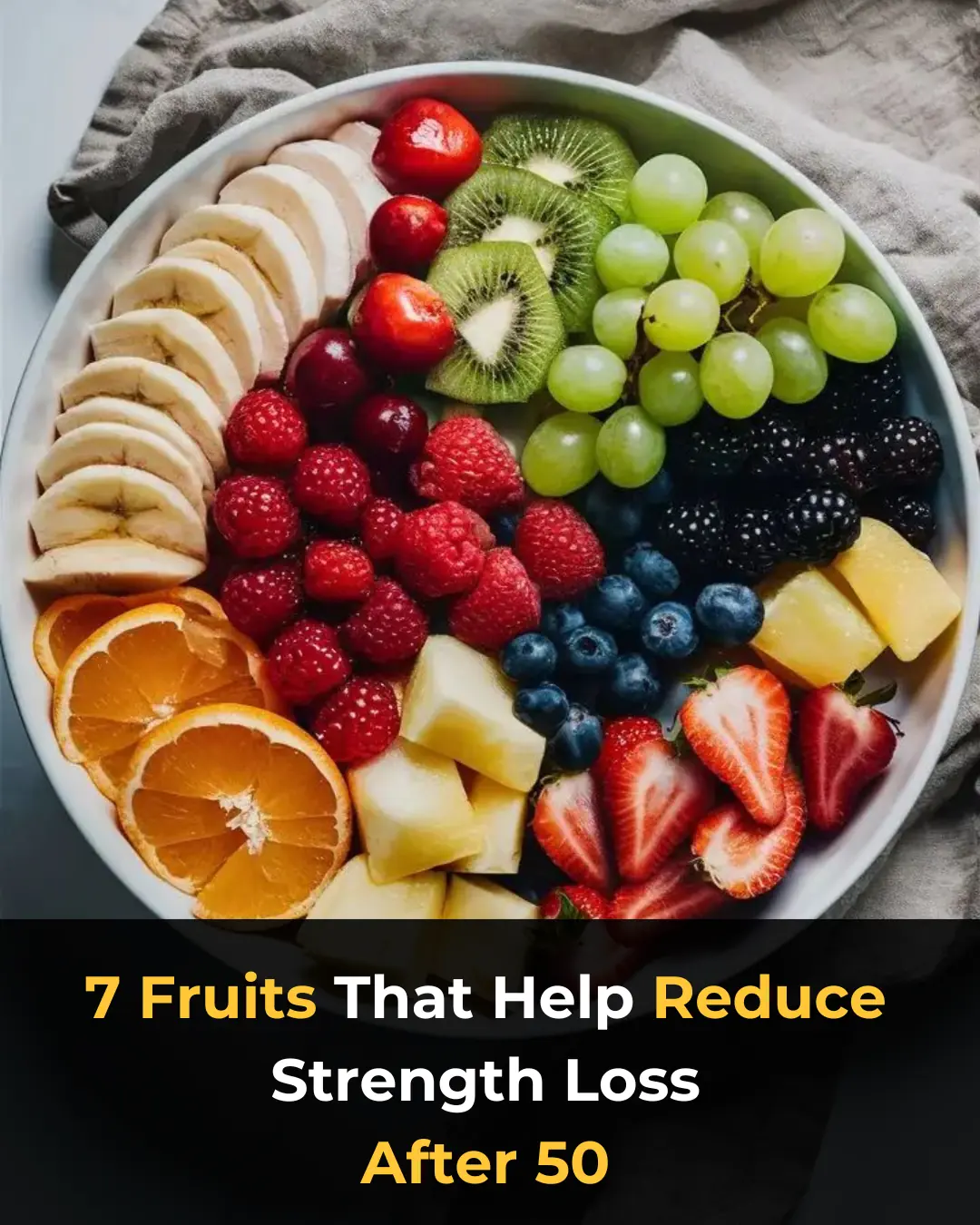
7 Powerful Fruits to Preserve Muscle Strength and Energy After 50

I Didn’t Know!
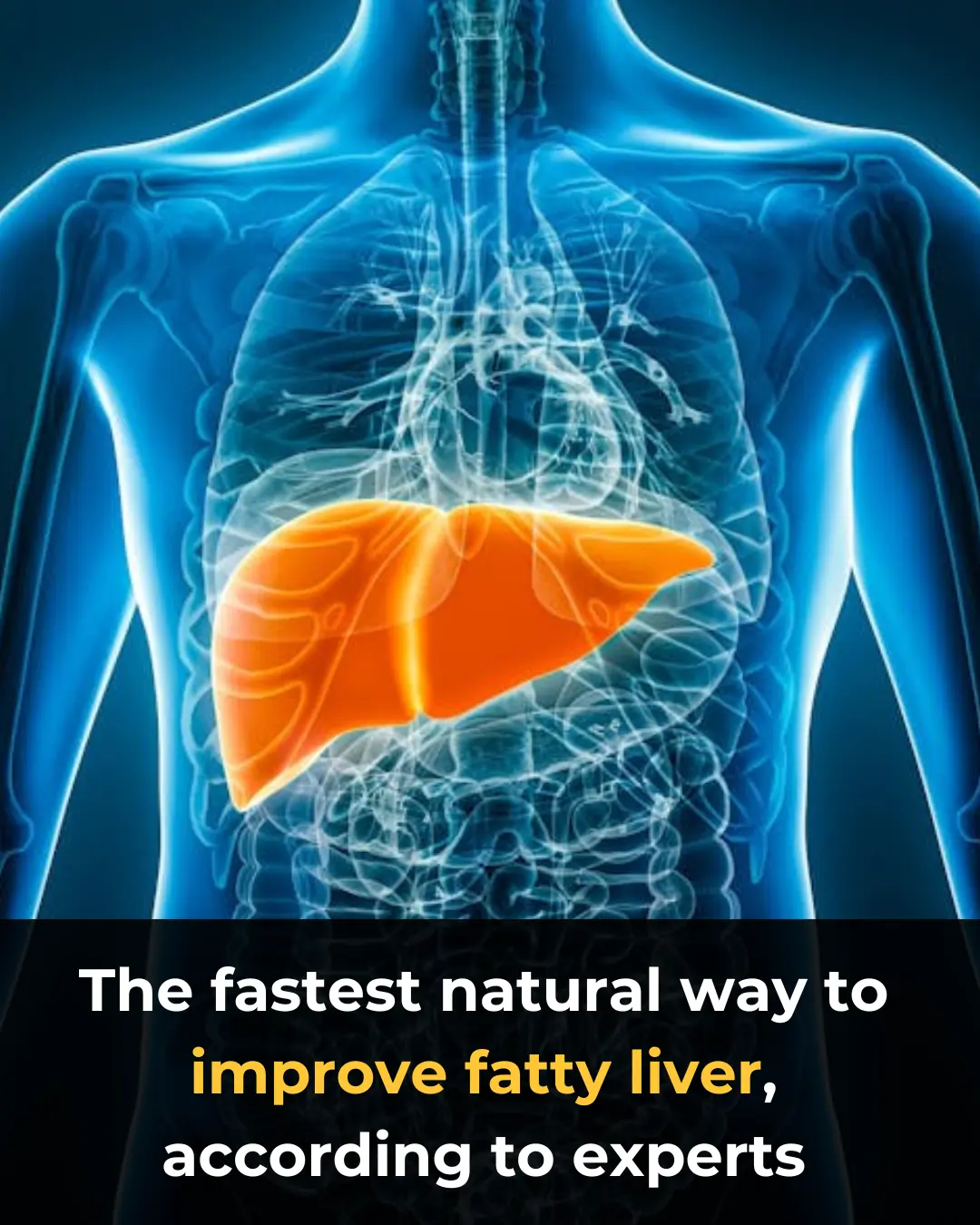
The #1 FASTEST way to reverse fatty liver naturally

Could the bacteria in your nose be causing Alzheimer’s?

How to treat nerve pain in the foot, toes & legs

The air conditioner only has wind but is not cool. Don't rush to call a repairman and waste money. If you do this, it will be cold.

The more flowers the money tree has, the more luck it attracts: Do this and the money tree flowers will grow 5 times faster.

When boiling duck, don't add ginger and cold water. Add this to remove all the bad smell from the meat and you won't get tired of eating it.

Bee venom wiped out 100% of aggressive breast cancer cells in just 6 hours

A New Breakthrough: Magnetic Microrobots Designed to Navigate Blood Vessels and Stop Strokes
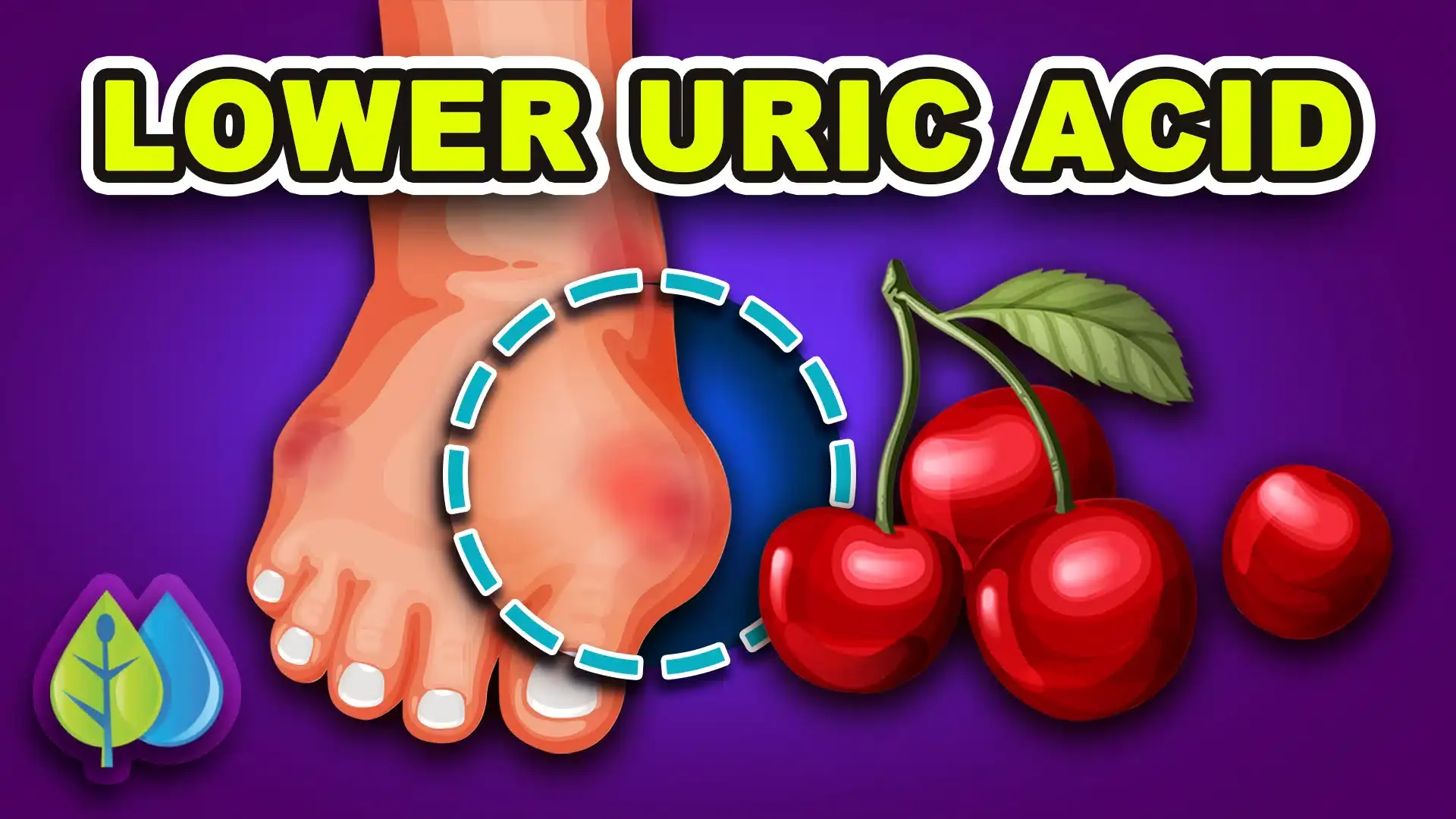
10 Ways to Lower Uric Acid Naturally

A Dual Climate Solution: Solar Panels Over Canals Could Save Billions of Gallons of Water

Regenerative Medicine Milestone: Stem-Cell Trial Restores Motor Function in Paralyzed Patients

From Crow to Cleaner: How Feathered Geniuses Are Fighting Litter in Spain

6 Foods That Can Drain Your Calcium and Weaken Bones

